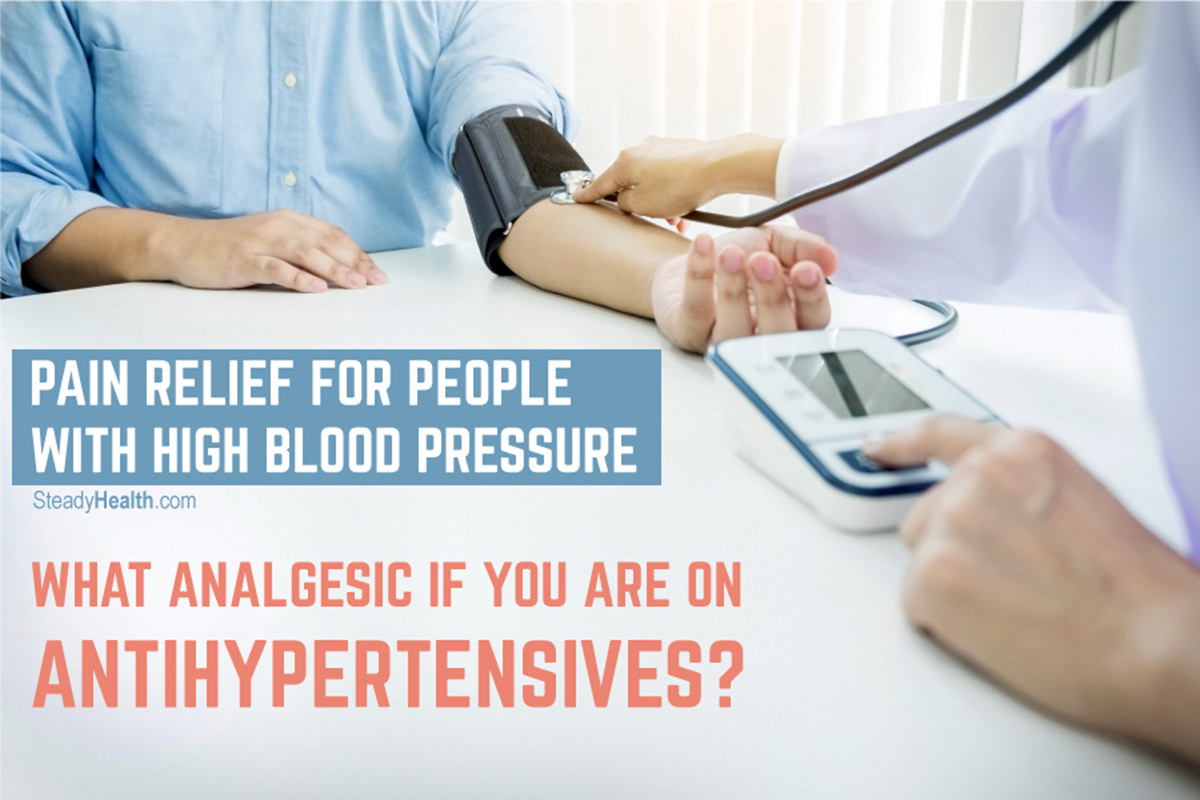Has your blood pressure been too high — meaning you have a systolic pressure of 140 or higher if you're under 60 and of 150 or higher if you're over 60, and a diastolic pressure of 90 or over — for a while?
Your doctor may first recommend certain lifestyle changes, like cutting way down on salt, being more physically active, and quitting smoking, if you have been diagnosed with hypertension. [1] Should those steps not lower your blood pressure to safe and healthy levels, however, your physician's next step will be to prescribe you some antihypertensives (more commonly known as blood pressure drugs).
I got my own prescription for hypertension drugs about a decade ago. While I was vaguely familiar with the kinds of blood pressure meds on the market because my parents were on them too, the fact that not all antihypertensives work quite right for everyone means I've since become acquainted with nearly the whole "who's who" of blood pressure drugs, all in a process of trial and error.
You might have better luck if your doctor has decided it's time for you to start on blood pressure medication. You might happen to be prescribed the right antihypertensive(s) for you right away, and stay on the same drugs that manage your blood pressure well for a very long time without any difficulties. Or you may go through a similar process, and have your hypertensive switched up a lot. If your medication regime is like a passing parade, it's especially hard to keep track of what you should and shouldn't do while taking a particular drug.

Antihypertensives: The numerous different kinds of blood pressure drugs
The different classes of hypertension drugs all work to reduce your blood pressure in different ways. We won't get into all that here, beyond noting that those patients who are new to a particular class of antihypertensives should ask their prescribing doctors to explain how they work, if they're interested. Patients should always ask about the potential side effects, drug interactions, and any "do's and don'ts" that might come with the medication.
You may be prescribed one blood pressure medication, or your doctor may choose to put you on a combination of several if your blood pressure is extremely high or if you're found not to react adequately to a single drug.
The classes of antihypertensives are (brace yourselves!):
- Diuretics
- Beta bockers
- Angiotensin-converting enzyme inhibitors (ACE inhibitors)
- Angiotensin II receptor blockers (ARBs)
- Calcium channel blockers
- Alpha blockers
- Vasodilators
- Renin inhibitors
- Centrally acting drugs [2]
Out of these, the first five are prescribed most commonly. Within each class of antihypertensive drugs, there's a whole bunch of generic and brand-name drugs. Each will have its very own side effects, which vary from person to person.
Whatever you're prescribed, it's important to either read the physical package insert that will come with your hypertension med(s), or look the same information up on the internet. If you also take another prescription medication, your doctor will check for possible interactions and make sure not to prescribe meds that could "clash" in some way.
Taking Hypertension Drugs? Stay Away From Ibuprofen And Other NSAIDs!
It's well-known that ibuprofen, a very popular over-the-counter analgesic and anti-inflammatory drug, reduces the efficacy of rather a few different classes of antihypertensives, namely beta-adrenergic blockers, alpha-adrenergic blockers, diuretics and angiotensin-converting enzyme inhibitors.
According to one study: "It has been estimated that the avoidance of minor changes in systolic pressure in patients with osteoarthritis subjected to treatment with nonsteroidal anti-inflammatory drugs would avoid over 30,000 deaths due to myocardial infarction, and over 2000 deaths due to coronary disease, in the United States alone." [3]
In addition, taking ibuprofen also generally increases a person's risk of heart attack and stroke, especially upon prolonged use, whether or not the person has hypertension. [4] This makes ibuprofen a poor choice for folks with high blood pressure, and although my very down-to-earth family doctor told me that I "probably won't die" if I use ibuprofen together with ACE inhibitors and diuretics once a month, I'd personally rather not take the risk — and I wouldn't advise you to, either.
Some other non-steroidal anti-inflammatory drugs are even worse than ibuprofen, though. Definitely don't take indomethacin, naproxen, piroxicam or rofecoxib while you are using blood pressure drugs, especially if you're on an ACE inhibitor and/or a diuretic. [5]
What Painkillers Can You Safely Use While On Blood Pressure Drugs?
Generally speaking, Aspirin, well-known as a blood thinner but also a member of the NSAID family, has been found to be fairly safe for people on most kinds of blood pressure meds if you take it very rarely. Suggestions that Aspirin also, itself, acts as an antihypertensive have not been found to hold much water however, so never use even low-dose Aspirin on a daily basis without your doctor's explicit instructions. [6]
Acetaminophen (which you probably better know as Tylenol if you're in the US, or paracetamol, Panadol, etc, if you're elsewhere), which is very often discussed as a safer alternative to ibuprofen and Aspirin, can also raise your blood pressure [7], to the point where the authors of one study point out that "we [may] have a misplaced confidence in the cardiovascular safety of paracetamol". Further study, they conclude, is clearly needed. [8]
- Photo courtesy of SteadyHealth.com

